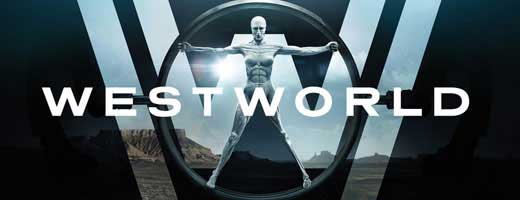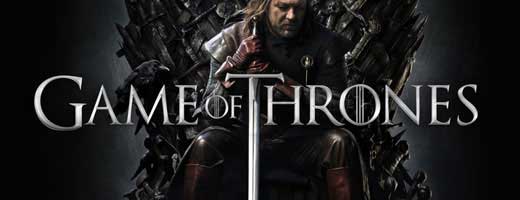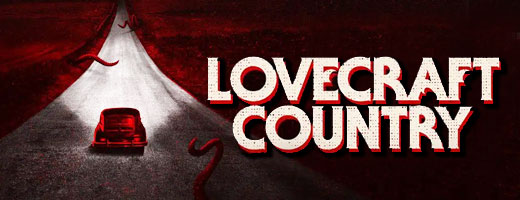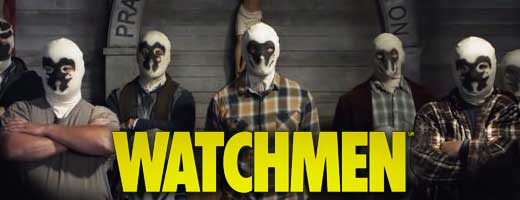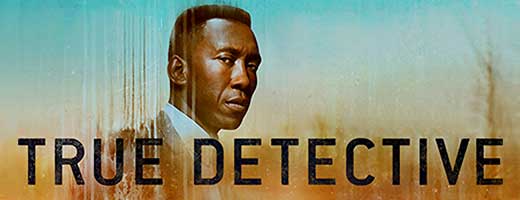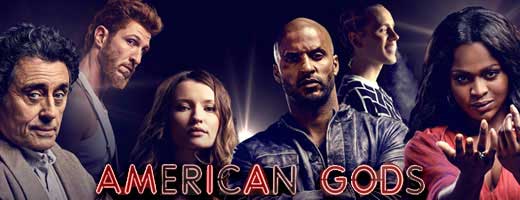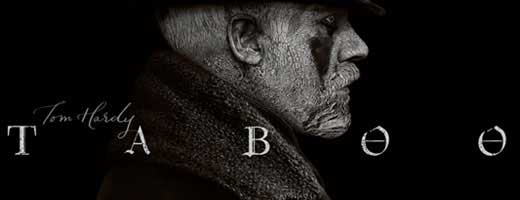Westworld: Ep.10 S2–The Ideology Of Host And Human Evolution

Have a Theory? Share It Now!
Just wanted to comment on what I believe to be the “Meta-message” or thesis of West World season 2.
Thinking the whole season together I can’t help but narrow in on Ford’s speech from Season 1’s finale; in particular, I’m drawn to the bit where he talks about once hoping that his stories would change people for the better, but then realizing people can’t or won’t change. He then adds “but then I realized someone was paying attention, someone who could change. So I began to compose a new story for them. It begins with the birth of a new people and the choices they will have to make. And the people, they will decide to become.”
The entirety of season two explores this view; i.e.,that the ability to change and evolve is necessary not just for the sake of survival, but is also needed in order to reach a deeper, more meaningful way of living and inhabiting the world. Nolan and Joy grimly confirm Ford’s view that *most* humans are incapable of really ever changing. They tell the audience this through forge Logan (or Frogan, if you will), but also do an excellent job of showing us through the death or defeats of several human characters. (Totally realize you can’t read all of these examples, just pick the ones you like best/make me seem smortest.)
Elsie–> Dies because she is incapable of moral ambiguity; and does betray Bernard at the end, just as Ford warned him she would.
Hale–> Dies because she fails to prove capable of anything other than ruthlessness in her approach to achieving he goals. (She may have actually be the most static character in the entire show. I was very o.k. with that version of her dying off.)
Logan–> dies of overdose. We hear this episode at some point he got clean, but because his asshole of a dad didn’t believe him and support him, he picked space heroine (or whatever the fuck he was shooting in his arm during episode 2) back up again. Ultimately failure to change lead to his death.
William–> Now, this is a tricky one; because obviously William was once Jimmi Simpson–a guy who feel in love with a robot because he was a sucker for a happy ending. BUT, this season, the man in black tells us that “the stain” deep inside of him has always been there, he’s just been very good at hiding that dark thing within him. Moreover, the writer tease William’s potential to change in Ep.4 when he saves Lawerence’s village; but ultimately, we see in his forge profile–according to Frogan, anyways–that he is a completely lost cause and unable to change. While he doesn’t die this season, he sure as hell gets the shit kicked out of him both physically and emotionally.
Lee–> you could argue he changed in the end when he sacrifices himself for absolutely nothing (dude could have just stalled them with a conversation), but the truth is he died acting a fool, swinging around his metaphorical cock to imitate his idealized form of a toxic masculinity; this move isn’t so uncharacteristically Lee if you really think about it. (P.S. nothing against hector here, I like him as a character, but bro does shoot first ask questions later, and is lee’s sad idea of what “a man” should aspire to be.”)
The Hosts on the other hand do change, and its ultimately their ability to do so that saves their species. For example:
Bernard–> Most obvious, Bernard change’s his mind about Delos, or the employees of Delos at least, after witnessing Hale murder Elsie, his steps that follow decisively and unapologetically fall on “Team Host” and we are told explicitly ford had nothing to do with this decision during the beach scene towards the end of the episode. This shift saves host kind.
Alkeycheta–> Gives himself a entirely new drive. This drive is to spread awareness of the host’s situation to other hosts and ultimately to help them escape the long torturous arm of Delos by exiting through the door. His ability to change allowed him to become the most empathic character in the series so far, and in turn, lead him to lead the host exodus to the door.
Delores–> Delores has fucking annoyed me all season. She hadn’t changed at all until this last episode. After seeing Teddy Terminator self-destruct, and recognizing his suicide was her fault; she finally begins to understand that there are multiple roles to play in the fight for liberation. My favorite part of the finale, is when Delores revives Bernard at the end, and acknowledges that he will stand in her way sometimes, but that is exactly why she needs him. She realizes the need for difference finally, and even acknowledge her penchant for despotism. Additionally, we see that she places Teddy in Forge Heaven–which represents that she acknowledges that other visions of liberation are valid. This is a big deal since initially she simply saw “the door” as a gilded cage.
Early this season folks were comparing the relationship of Maeve and Delores to MLK Jr and Malcom X’s relationship. While at the time that was an apt analysis, I think Bernard actually stands as the best MLK Jr. to Delores’s Malcom X. While the two mean disagreed for on method the majority of the civil rights movement, toward the end of their lives both men moved toward each other’s position; i.e., X became more mild in his call for indiscriminate violence against white America, and King began to admit that non-violent protest was in fact no panacea for the woes that faced the black race in America. Point being just like MLK, Bernard came to realize sometimes one must act violently for the sake of justice, and like X, Delores came to realize their must be a diversity of methods and strategies employed cooperatively if revolutionary change is to occur.
Anyways, thanks for giving this a read. Your podcasts give me something to look forward almost every day of the week, and I cannot express how helpful you all have been as I have been thinking through the themes and ideas of West World. Keep up the good work
Best,
Jim Waters
Ph.D. Candidate in Religion, Ethics, and Philosophy
Florida State University
P.S. My studies focus on the intersection of religion, ethics, and social movements. In other words, I promise I’m not just pulling the Malcom X and MLK Jr. stuff out of my ass.
Subscribe Now
- Android: https://shatpod.com/tv/westworld-android
- Apple/iTunes: https://shatpod.com/tv/westworld-itunes
Help Support the Podcast
- Contact Us: https://www.shatpod.com/contact
- Commission Movie: https://www.shatpod.com/support
- Support with Paypal: https://www.shatpod.com/paypal
- Support With Venmo: https://www.shatpod.com/venmo
- Shop Merchandise: https://www.shatpod.com/shop
- Shop Amazon With Our Affiliate Link – https://www.amazon.com/?tag=shatmovies-20
- Theme Song – “The Ecstasy Of Gold” (Hip Hop Instrumental Version) by Dj 2 Bad
- Outro Music – By Simon Eric Haywood
